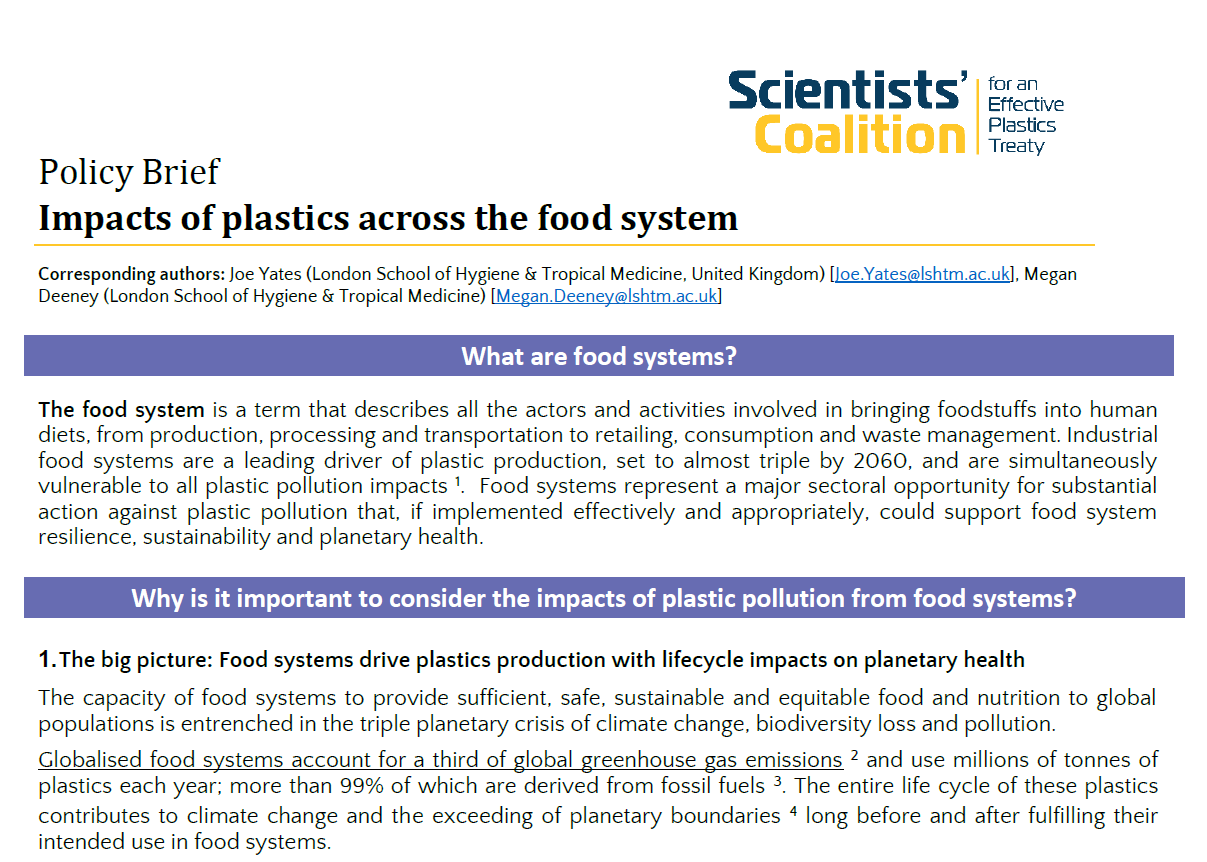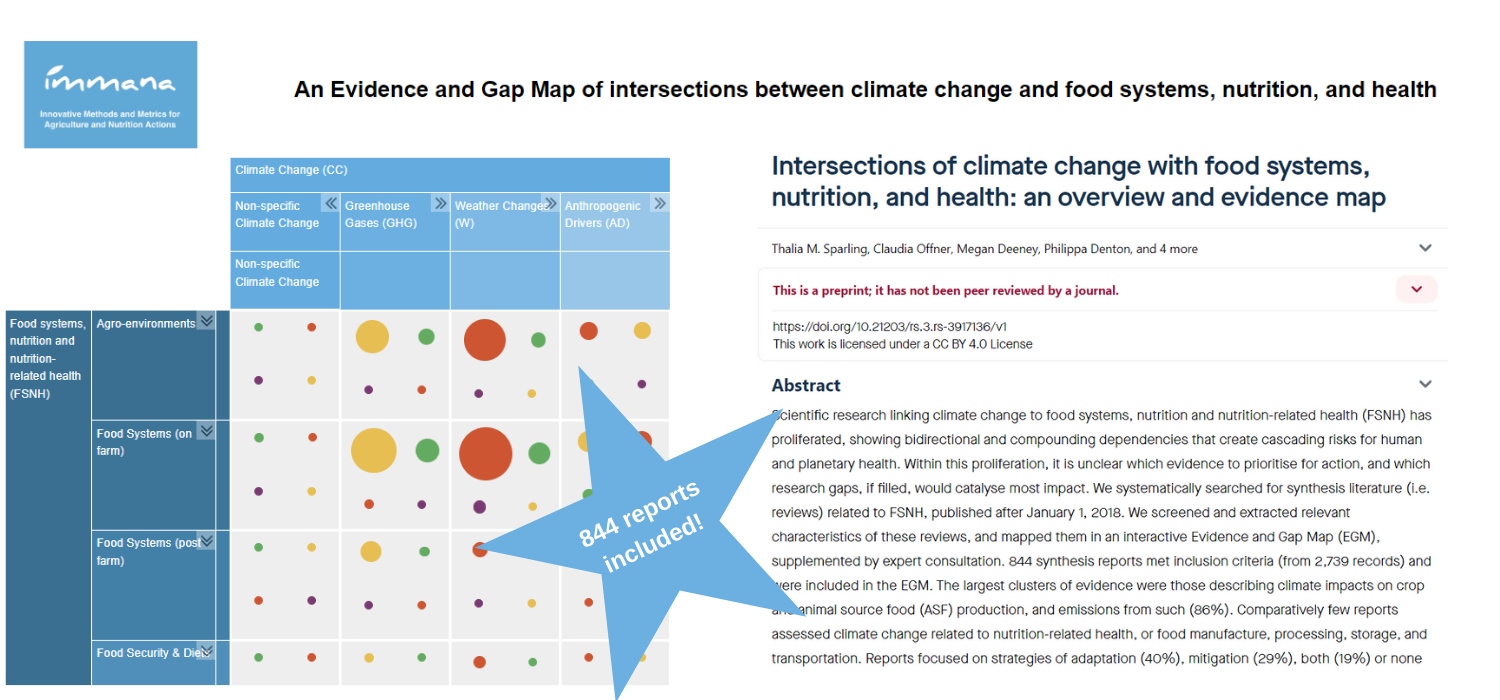A new working paper has been published, co-authored by IMMANA Fellow Annet Adong, 'The Effect of COVID-19 and Associated Lockdown Measures on Household Consumption, Income, and Employment: Evidence from sub-Saharan African Countries'.
The COVID-19 pandemic has caused huge economic disruptions that affect food and nutrition security in many low- and middle-income countries (LMICs). At the onset of the pandemic, many governments put in place containment measures such as restricting the free movement of people both within and between countries, closing non-essential businesses and schools, among others. These measures disrupted the food supply chain (increasing transaction costs and availability of certain foods) and limited employment opportunities. As a result, people in LMICs have been negatively affected because many of these countries have poor social safety net programs to mitigate the adverse effects of the pandemic on job and income loss.
This study investigated the effects of the COVID-19 pandemic and associated lockdown measures on household consumption and jobs as well as income losses in selected African countries (Ethiopia, Ghana, and Uganda) using household survey data. Generally, the pandemic significantly increased job losses and decreased household income, especially in the early days of the pandemic. The effects of COVID-19 restrictions on food security and labour outcomes vary depending on the industry and the degree of the lockdowns. However, perhaps surprisingly, household food availability and consumption appeared largely steady during the pandemic in the countries studied. Although average food consumption expenditure per capita has slightly declined, households’ dietary diversity largely remained stable across the studied countries. This might be because many households employed various coping strategies, including using savings, taking loans, and buying food on credit.
While the COVID-19 pandemic and associated lockdown measures had little measurable impact on household consumption and food availability in the countries studied, the longer-term impacts are yet to be seen. Households relied on innovative coping strategies and government safety net programs to mitigate the adverse effects of the pandemic. However, a contraction of employment opportunities and wages has placed some households in a vulnerable position – particularly those which relied on the use of savings, taking on loans and buying food on credit. In this way, the pandemic has significantly affected household food security prospects moving forward.
Annet was a round 6 IMMANA fellow. Find out more about her fellowship project 'Using high-frequency data to validate the resilience metrics for food security and women dietary diversity amidst Covid-19 in Uganda'.




